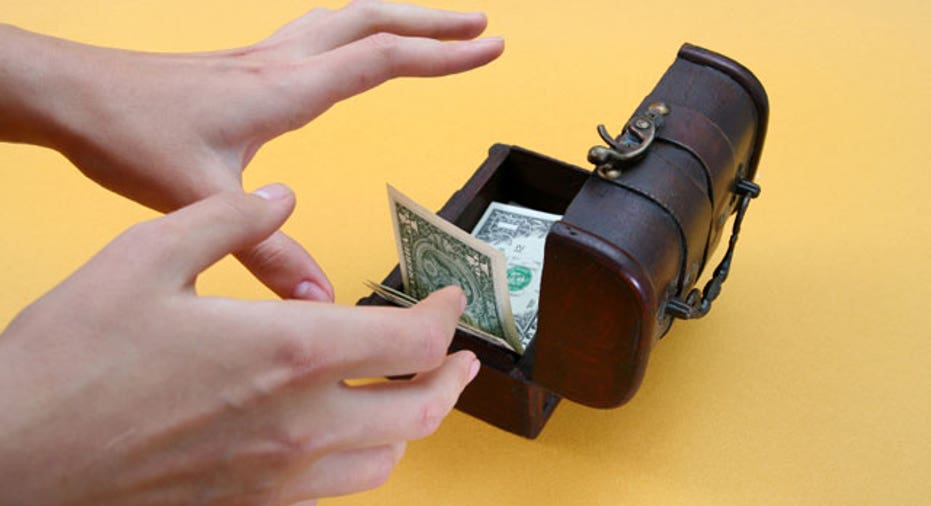How Long Will the Inflation Holiday Last?

Something happened in the second quarter of 2012 that hadn't happened in two years: Savings accounts actually made money.
More specifically, this was the first time since the second quarter of 2010 that inflation dropped below the rate of interest on savings accounts. A small victory, perhaps, but depositors who've seen their savings accounts steadily eroded by inflation will take any respite they can get.
This only happened because price increases took a break during the last quarter. The question is, how long will this inflation holiday last?
A low threshold for pain
According to the FDIC, savings account interest rates now average just 0.09%. This gives savings accounts a very low threshold for pain as far as inflation is concerned. Any inflation in excess of 0.09% a year will cause savings accounts to lose ground to inflation. To put that in perspective, inflation generally exceeds 0.09% in a normal month, let alone a full year.
In recent years, the effect of inflation on artificially low interest rates has been devastating. MoneyRates.com calculated earlier this year that U.S. bank depositors have lost more than $500 billion in purchasing power over the past three years because interest rates have been below inflation during most of that period.
The second quarter of 2012 was different not because deposit rates suddenly recovered, but because inflation took a step back. According to the Bureau of Labor Statistics, the Consumer Price Index actually declined by 0.21% during the quarter, on a seasonally-adjusted basis. This was the first quarterly decline in consumer prices since the second quarter of 2010, which is why that was the last time that savings accounts came out ahead of inflation.
Soothing oil, summer heat
This inflation relief comes from an unlikely source. Energy prices declined in each of the past three months, largely because of a sustained decline in oil prices. The energy component of the Consumer Price Index is now down by 3.9% over the past year.
In theory, the retreat in oil prices could not have come at a better time. Earlier in the year, the concern was that rising oil prices would act as a drag on the U.S. economy. Conversely, falling oil prices could have a stimulative effect, but it doesn't look like it's going to work out that way.
For one thing, oil prices are falling in part because of concerns over slowing economic growth globally, especially in Europe. That could be an even more pervasive drag on U.S. growth than inflation.
For another thing, inflation may have taken a holiday in the second quarter, but don't expect it to be done for the year. A brutally hot and dry summer throughout much of the U.S. has caused widespread drought conditions. Ruined crops are likely to lead to higher grain prices, and in turn higher meat and dairy prices.
In short, scorching weather conditions are threatening to heat up price increases again, which could make the inflation holiday a short-lived phenomenon.
The original article can be found at Money-Rates.com:How long will the inflation holiday last?



















